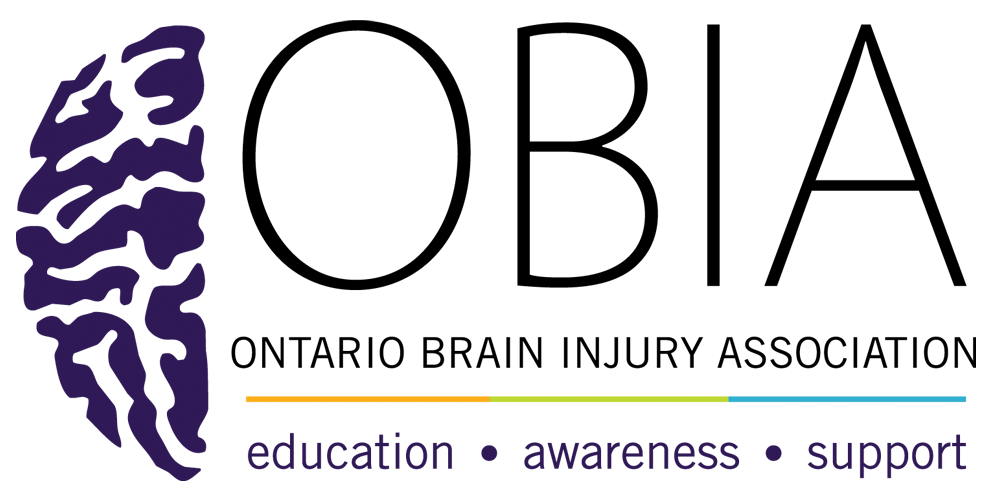Quick Facts
-
- Pain is a symptom that many people experience following a brain injury
- Half of people treated for a traumatic brain injury report long-lasting/chronic pain
What does it
look like?
-
- Pain can prevent one from participating in activities they enjoy or that help with rehabilitation including exercise and physical therapy
-
- Acute pain refers to pain that starts quickly and does not last long
-
- Chronic pain refers to pain that is persistent and lasts longer than the normal time for healing
-
- Neuropathic pain is usually caused by an injury to the nerves themselves and causes sensations such as burning, electric shock, pins and needles and pain from a light touch
Possible Causes and Complications
Possible causes:
- Injury or trauma to the brain or other parts of the body from illness or accident
- Causes of neuropathic pain include: trauma, stroke, multiple sclerosis, or diabetes
- Pain can affect a person’s sleep, energy level, and mood and these factors may also contribute to a person’s experience of pain
Possible complications:
- Increased heart rate and blood pressure
- Mental health disorders (e.g. anxiety, depression)
- Increased feeling of stress, anger and fatigue
- Appetite disturbances and gastrointestinal concerns
- Pain sufferers may have many other sources of stress to deal with such as losing their jobs, living with increased financial hardship and family stress that may lead to depression, anger, and anxiety
What can we do?
- Early management of pain is important to avoid complications associated with pain and the individual developing unhealthy coping strategies
- Daily exercise as tolerated
- Learn strategies to manage stress (e.g. listening to music, meditation, or deep breathing)
- Avoid foods that trigger pain, including headaches such as caffeine, alcohol, and nicotine
- Work with mental health professionals to deal with stress and anxiety
- Take pain medication as prescribed by a medical doctor
Disclaimer: This information is not meant to replace advice from a medical doctor. Consult a health care provider regarding specific medical concerns or treatment.

